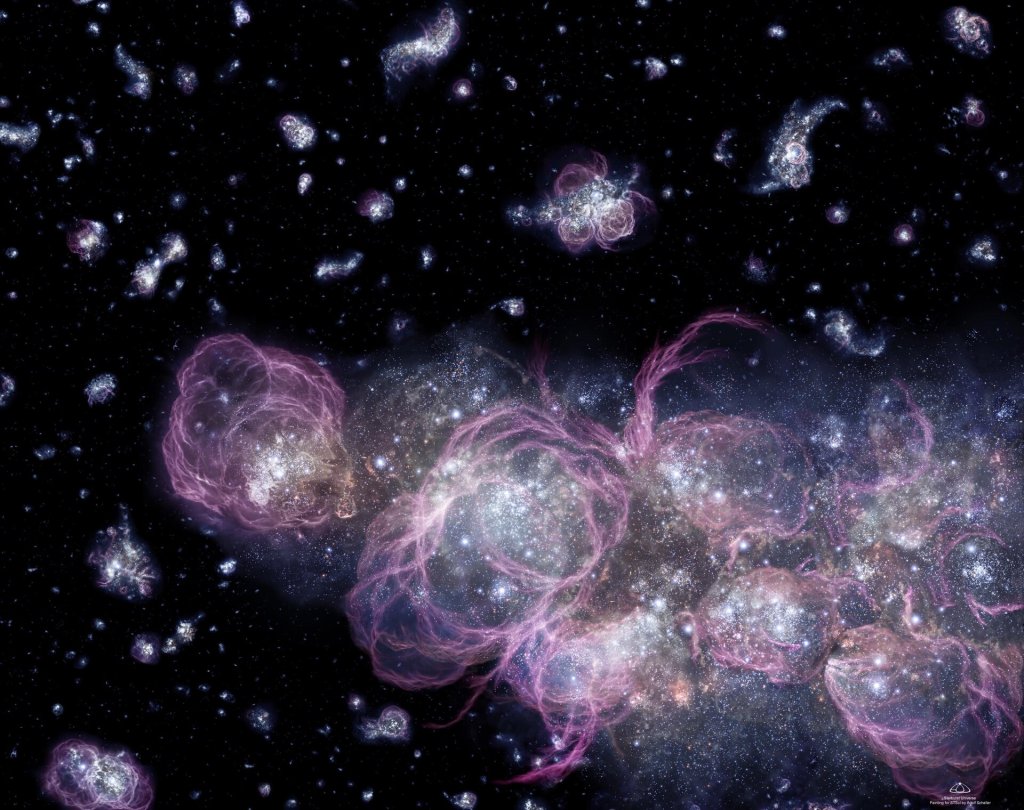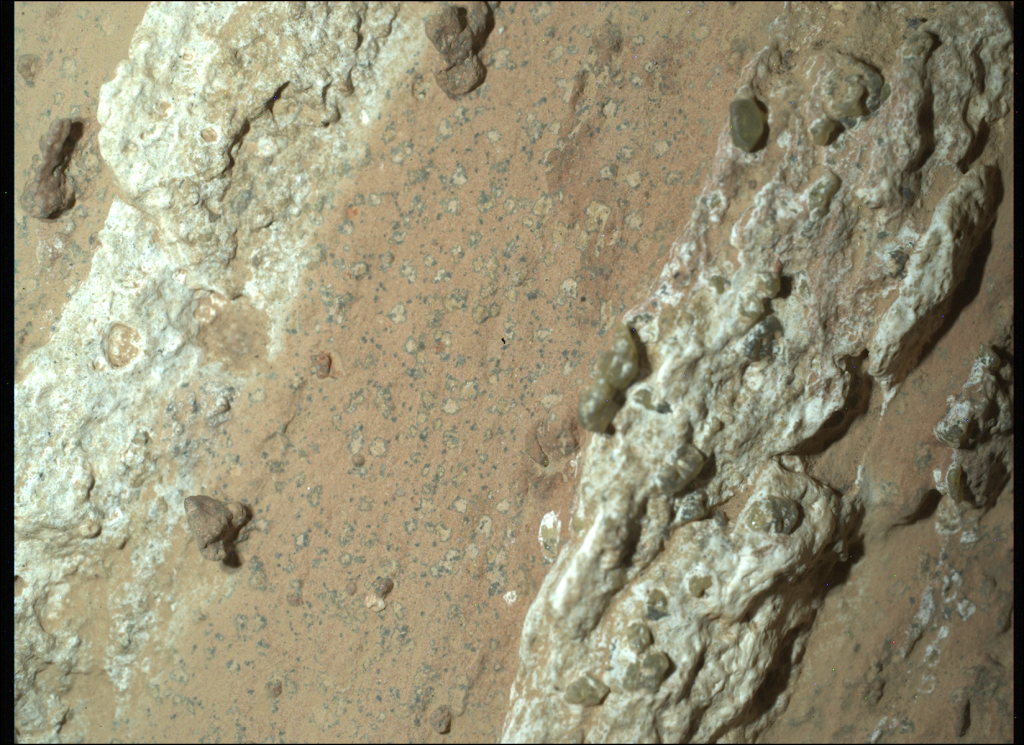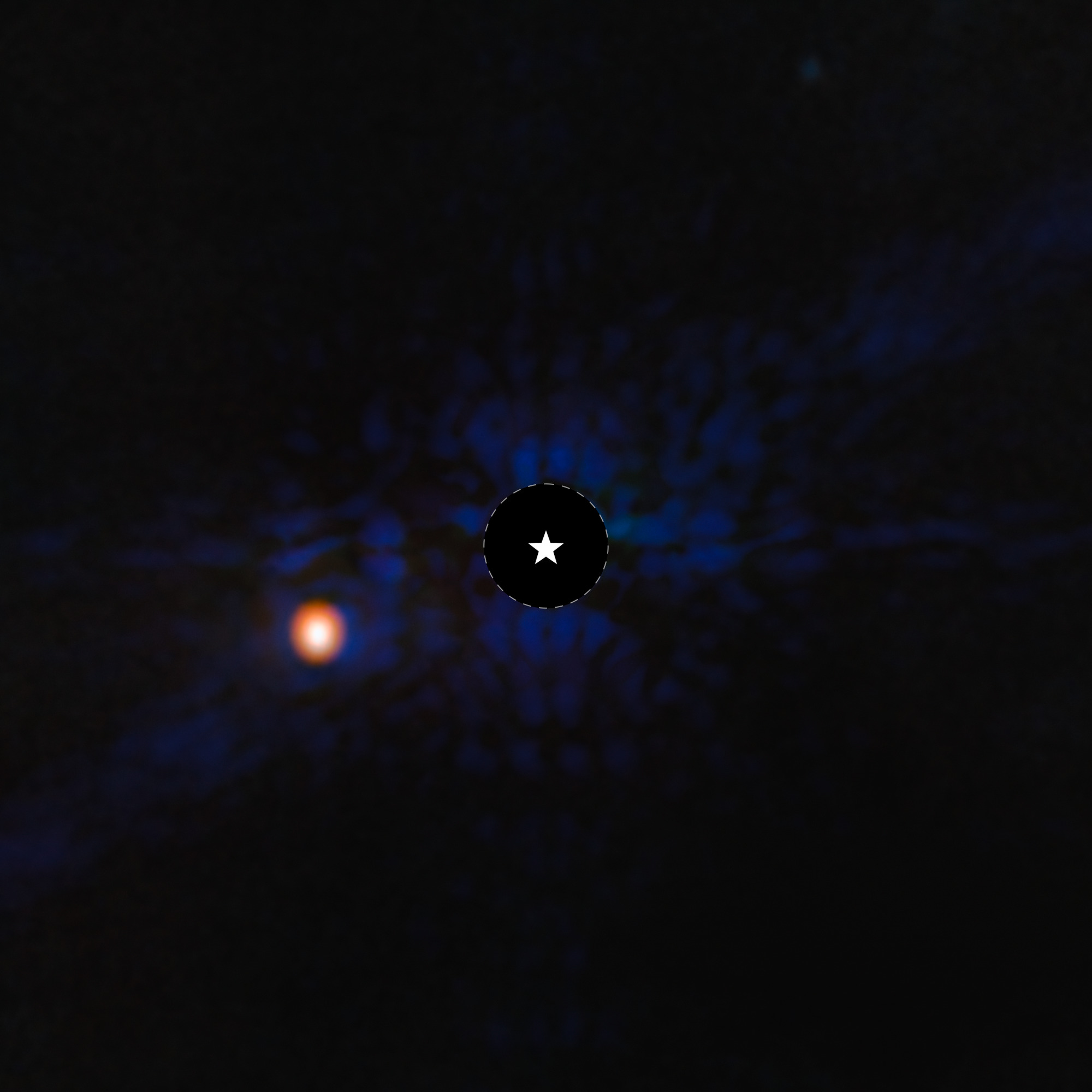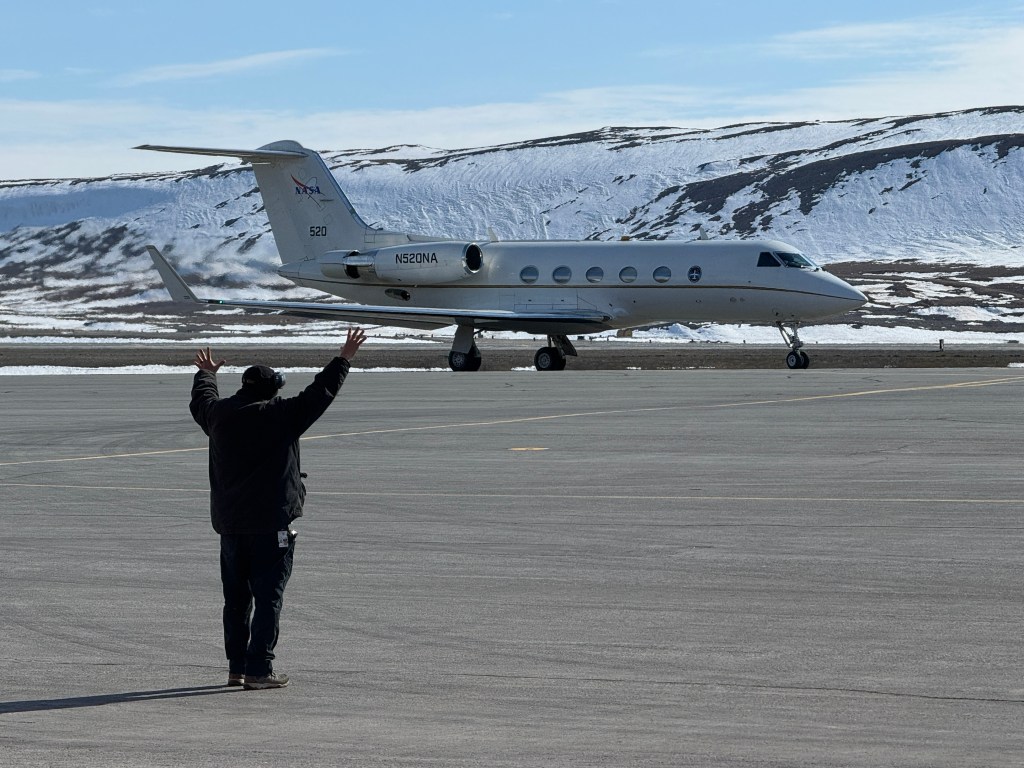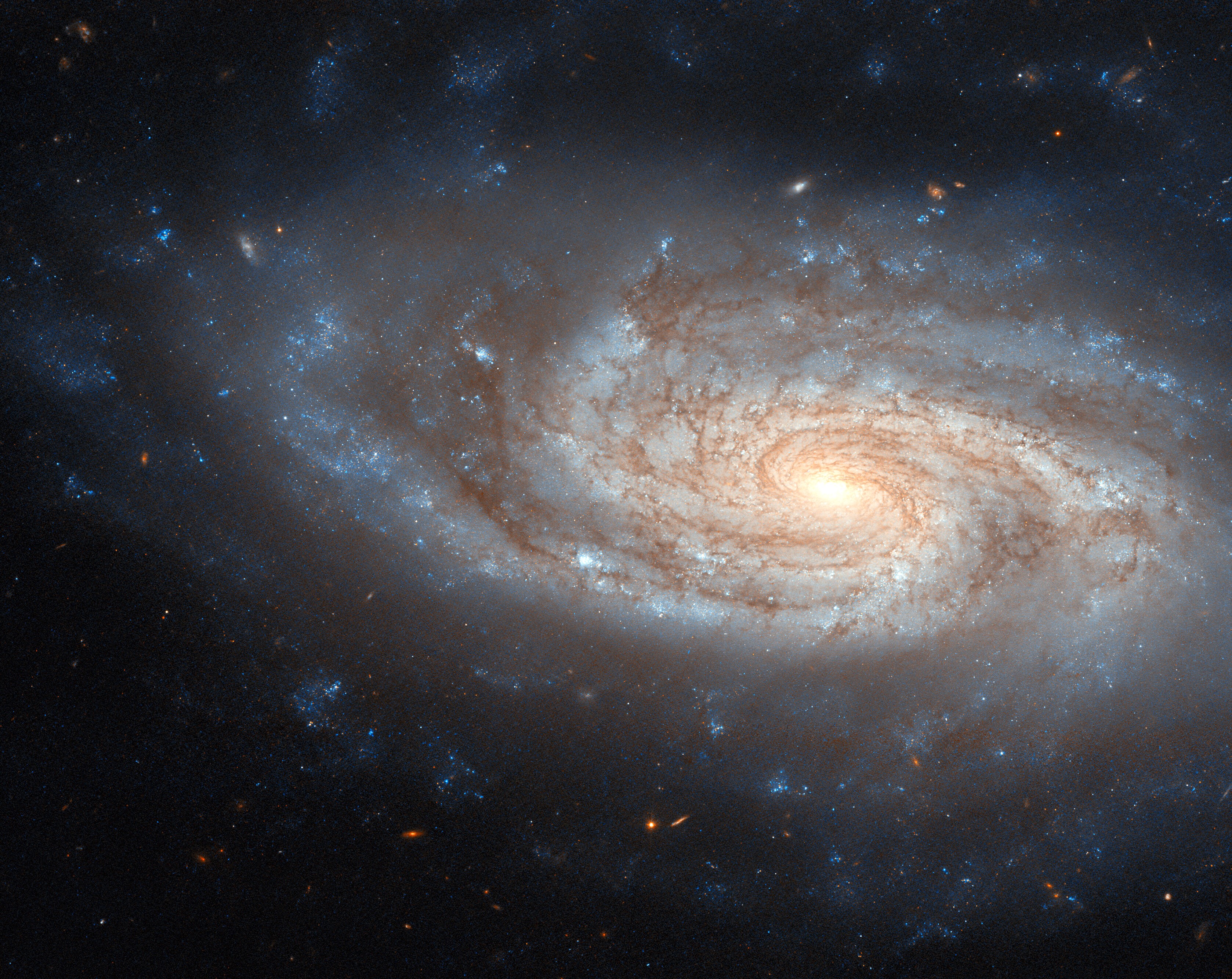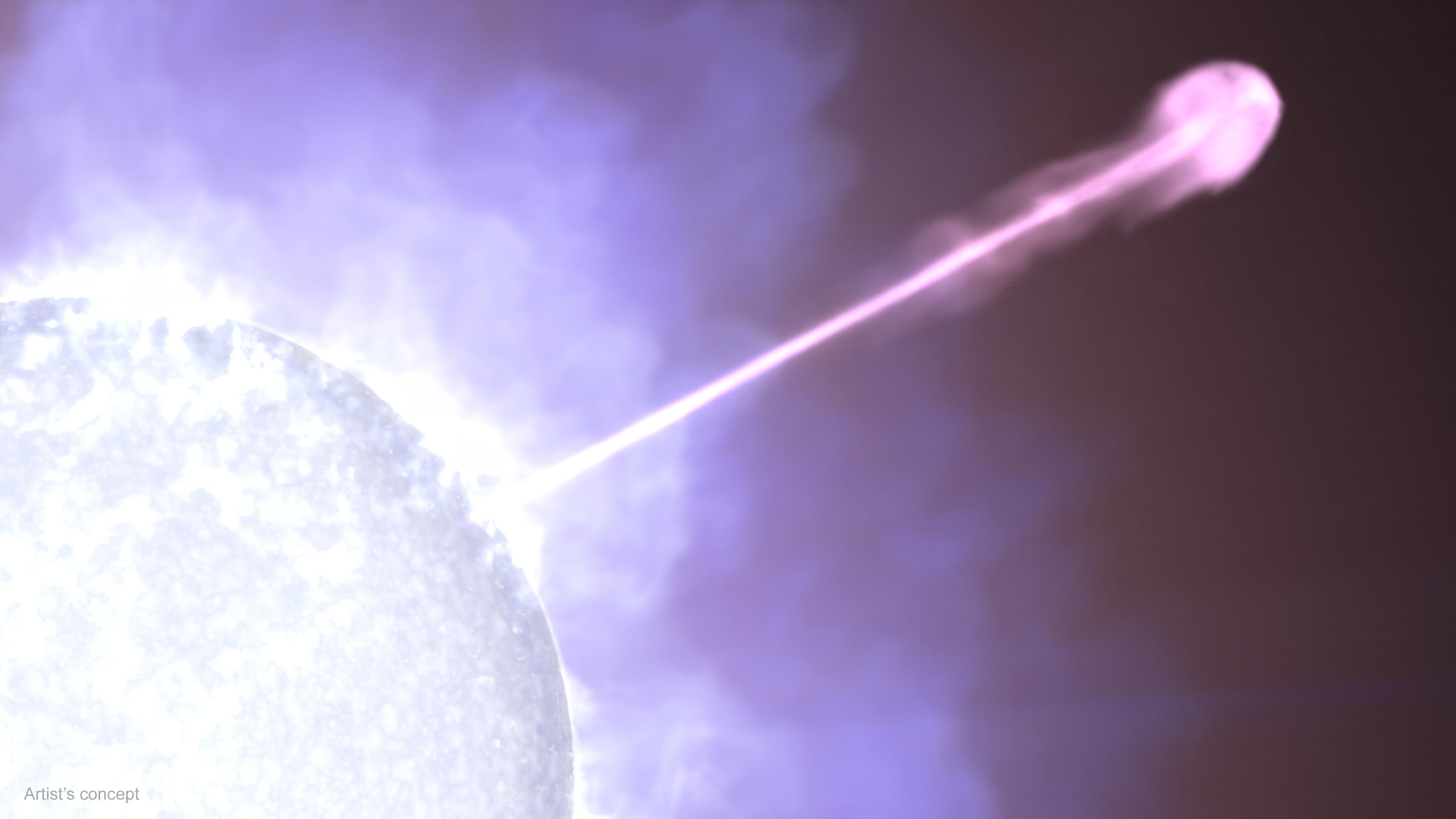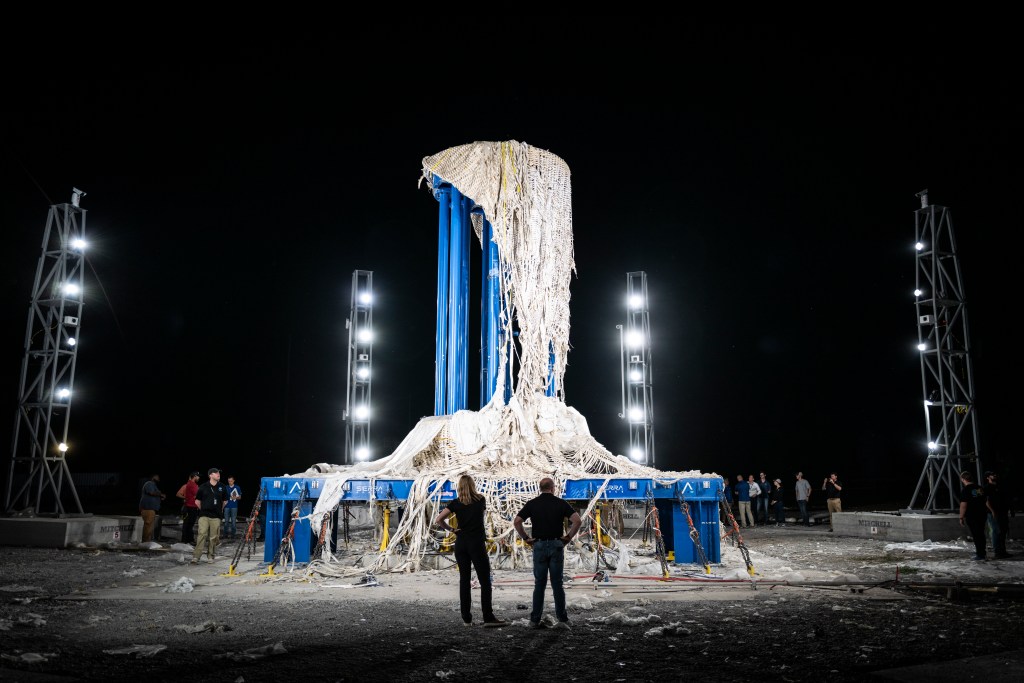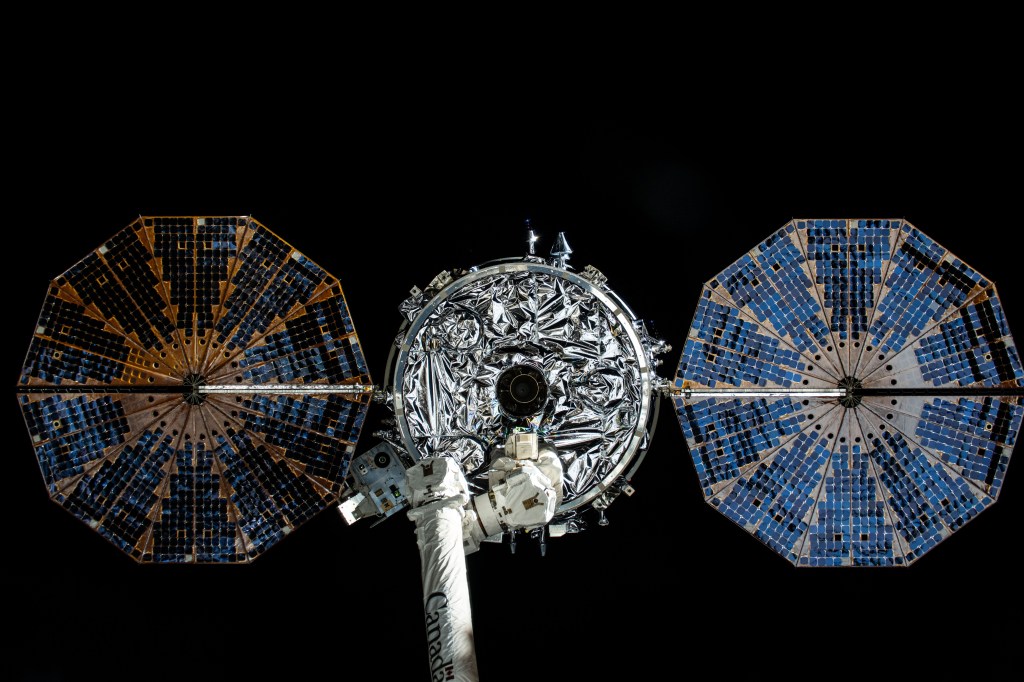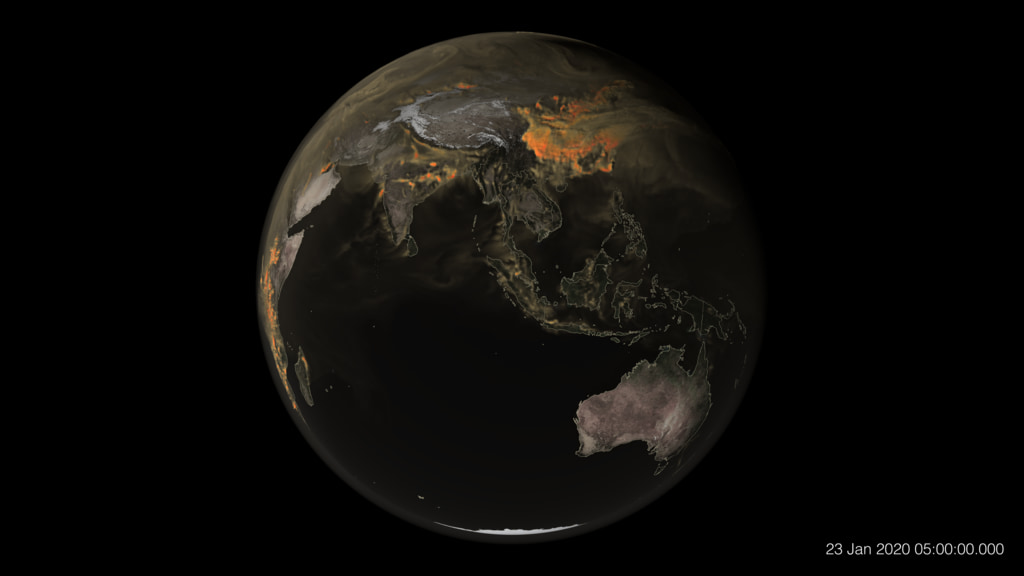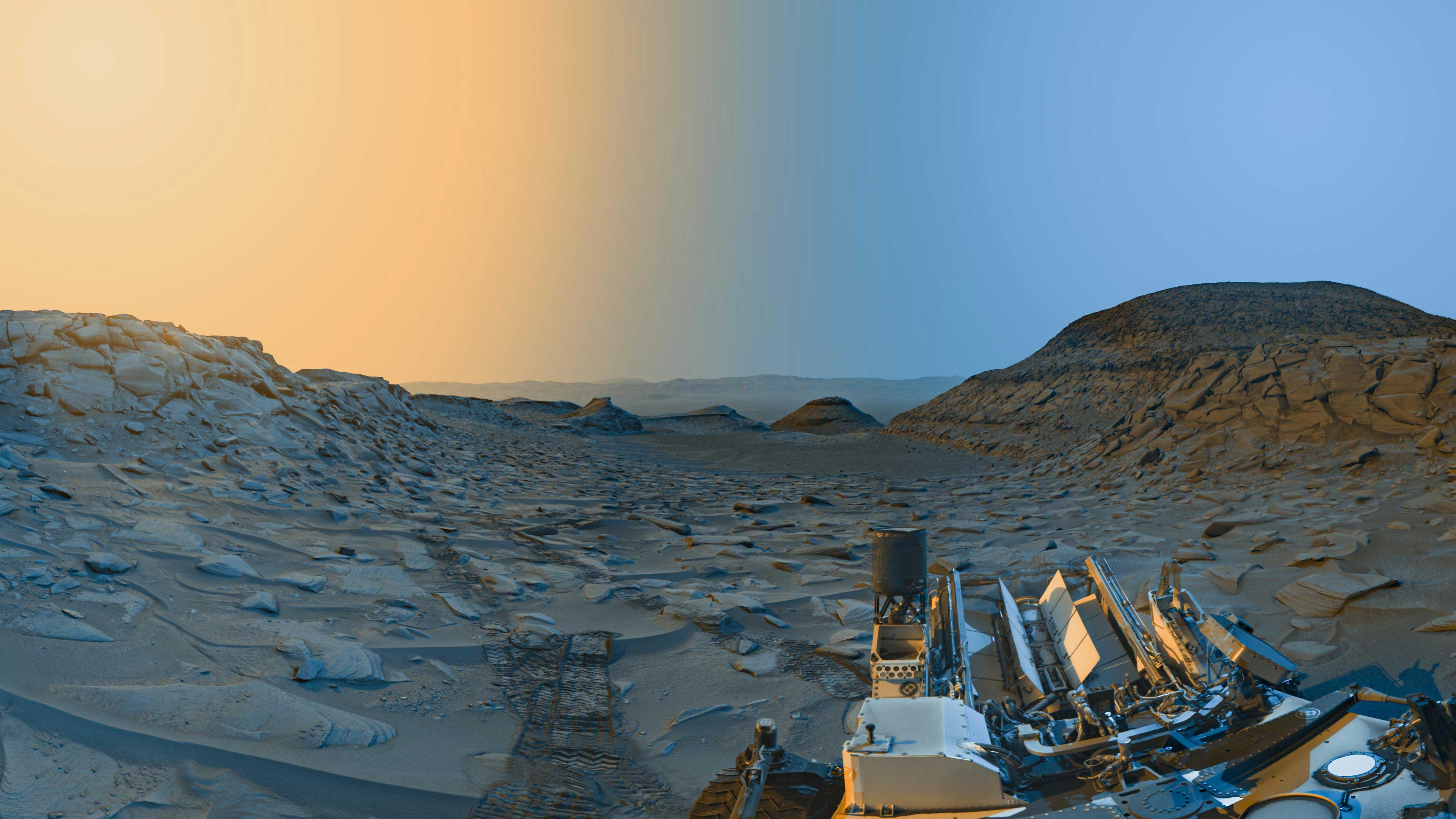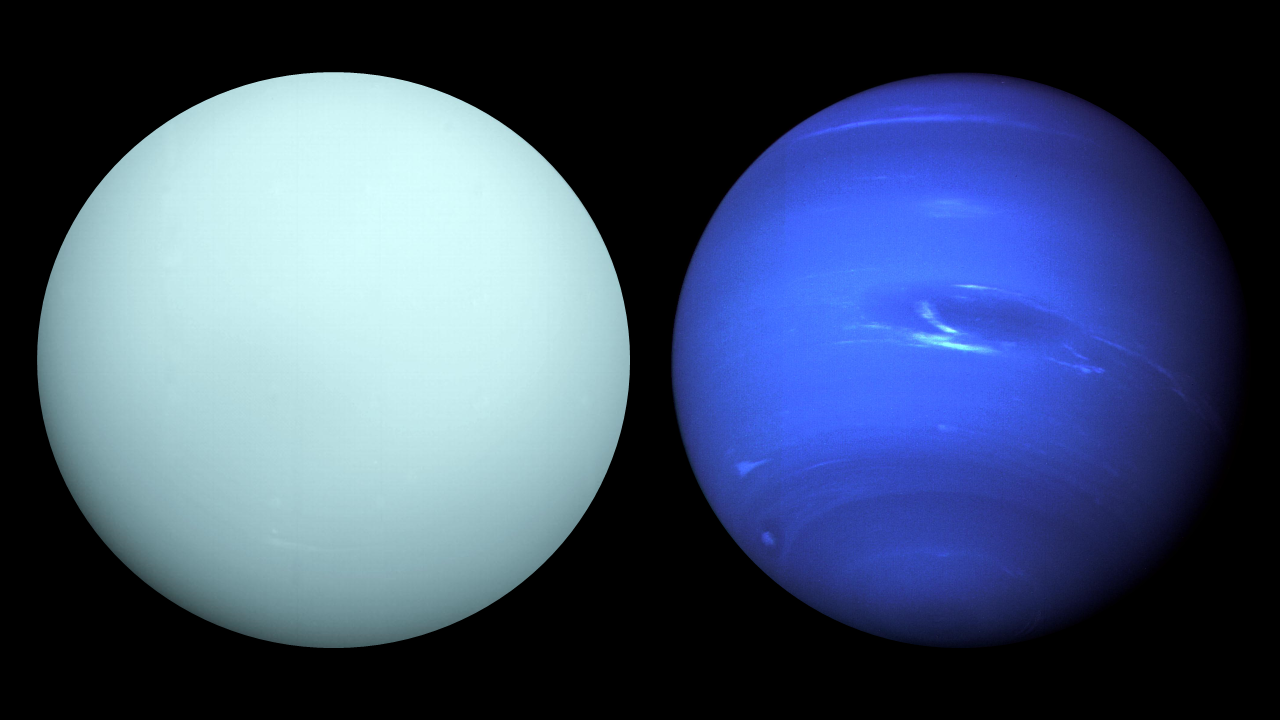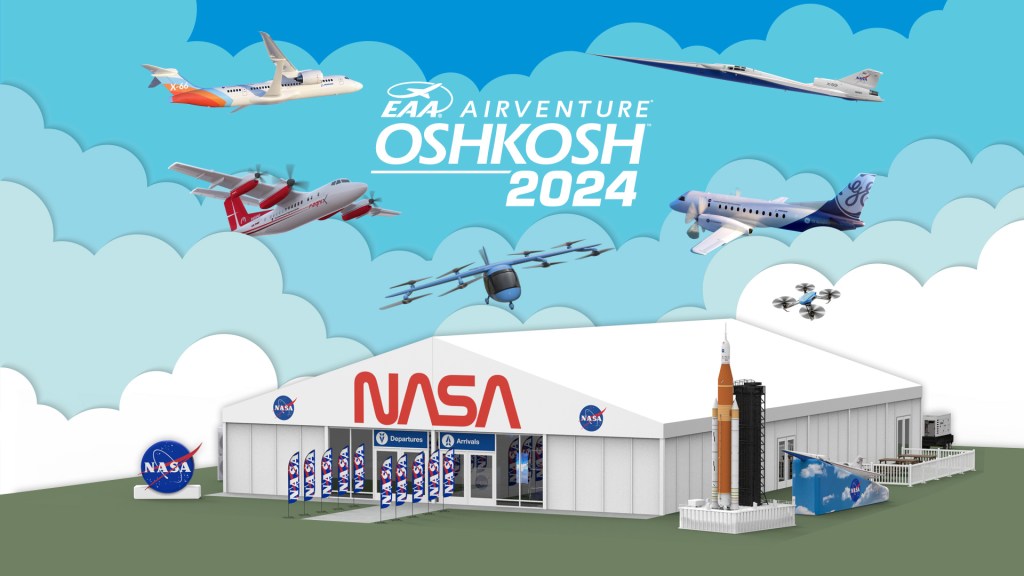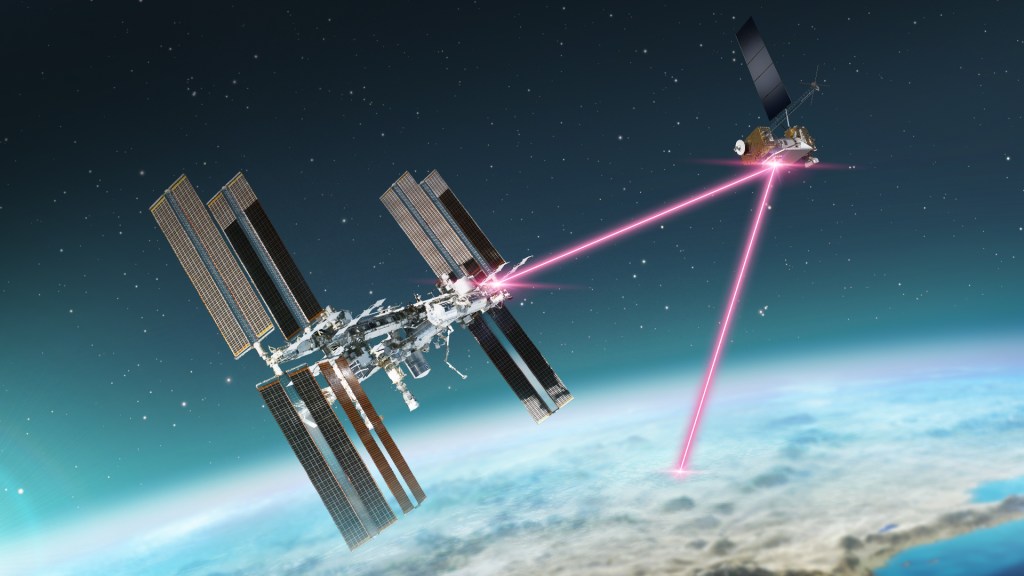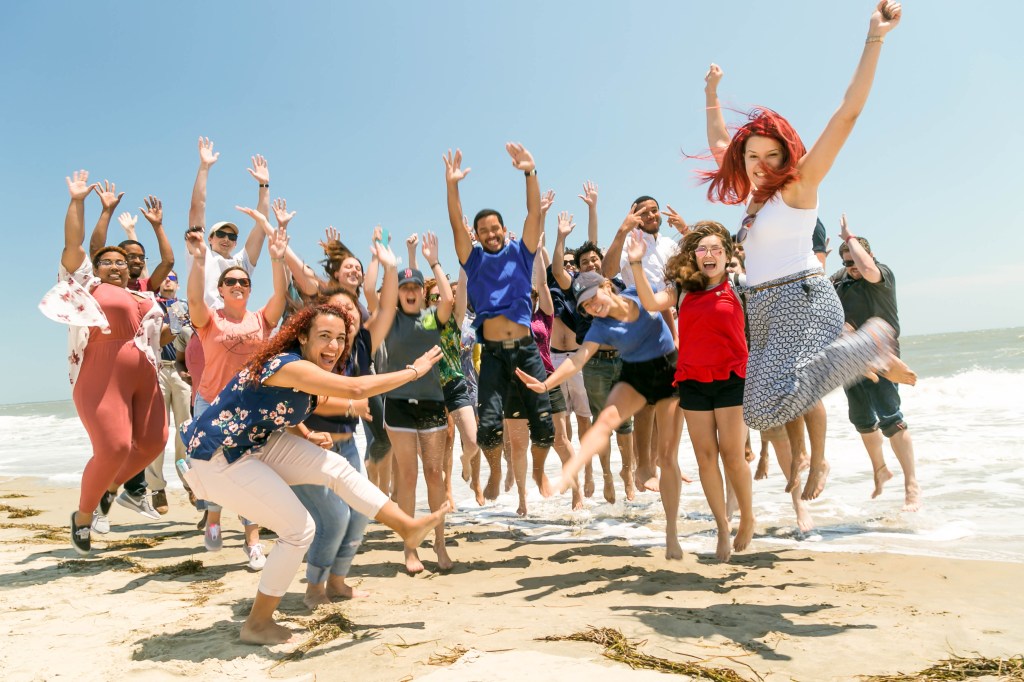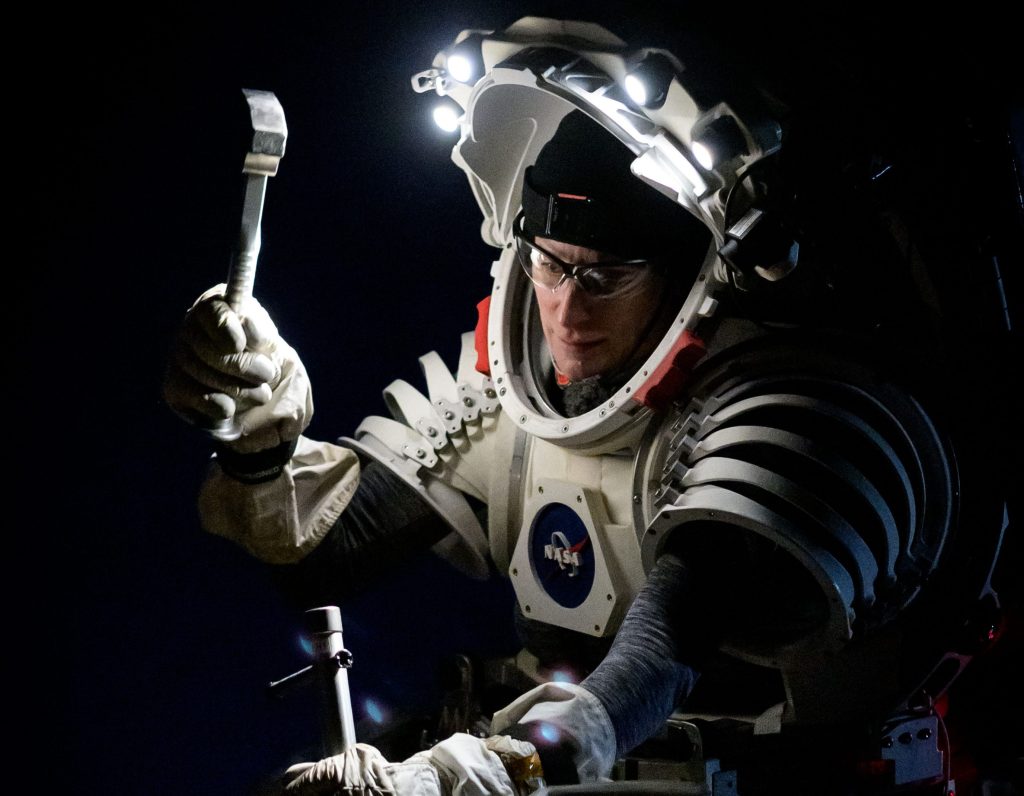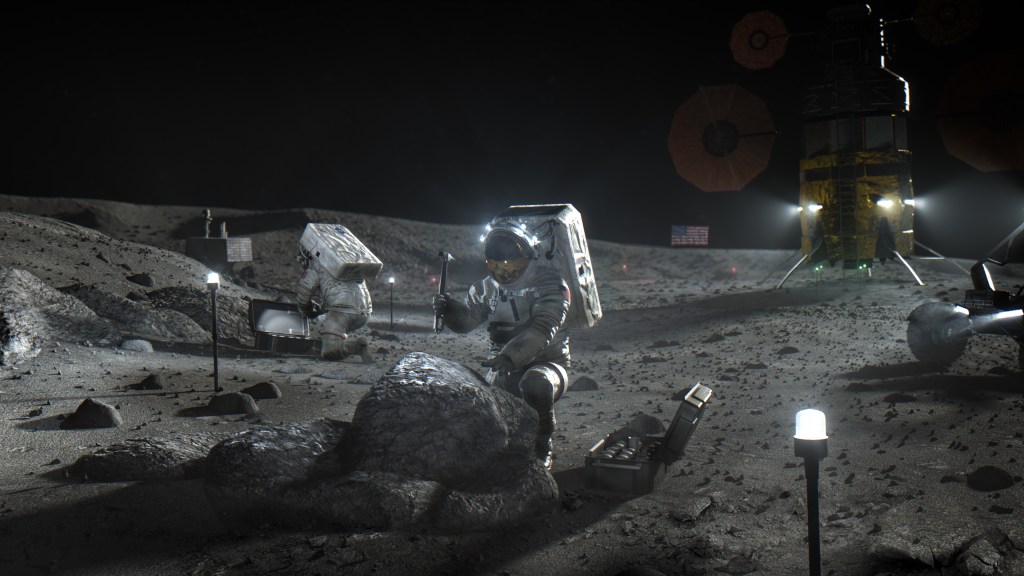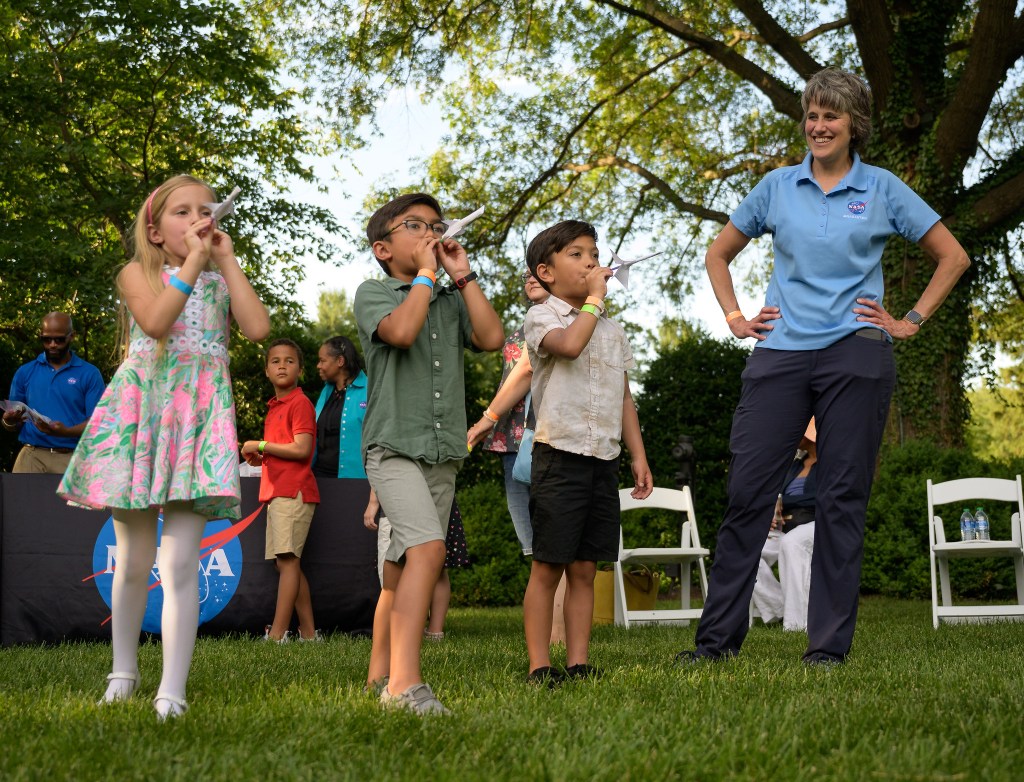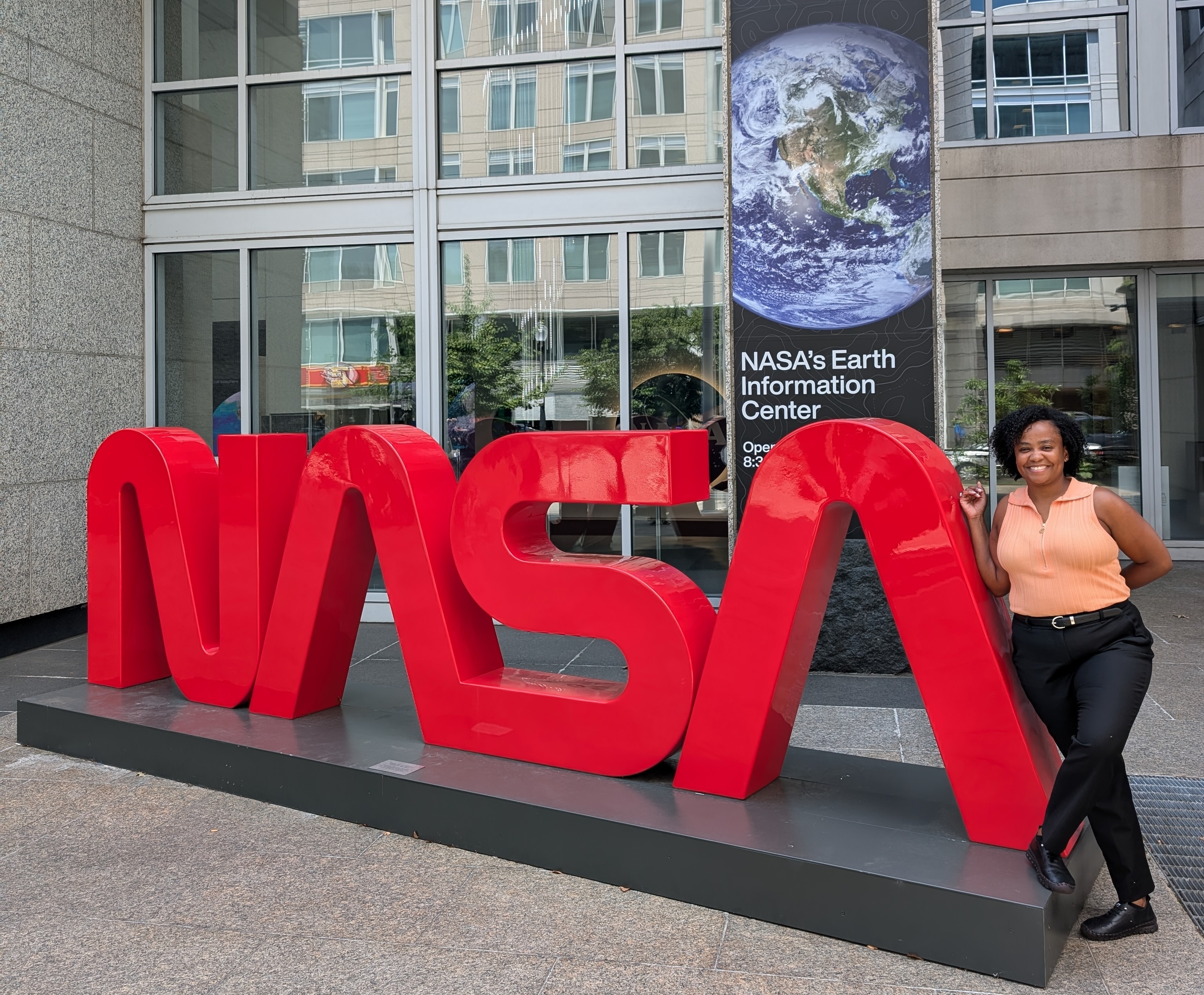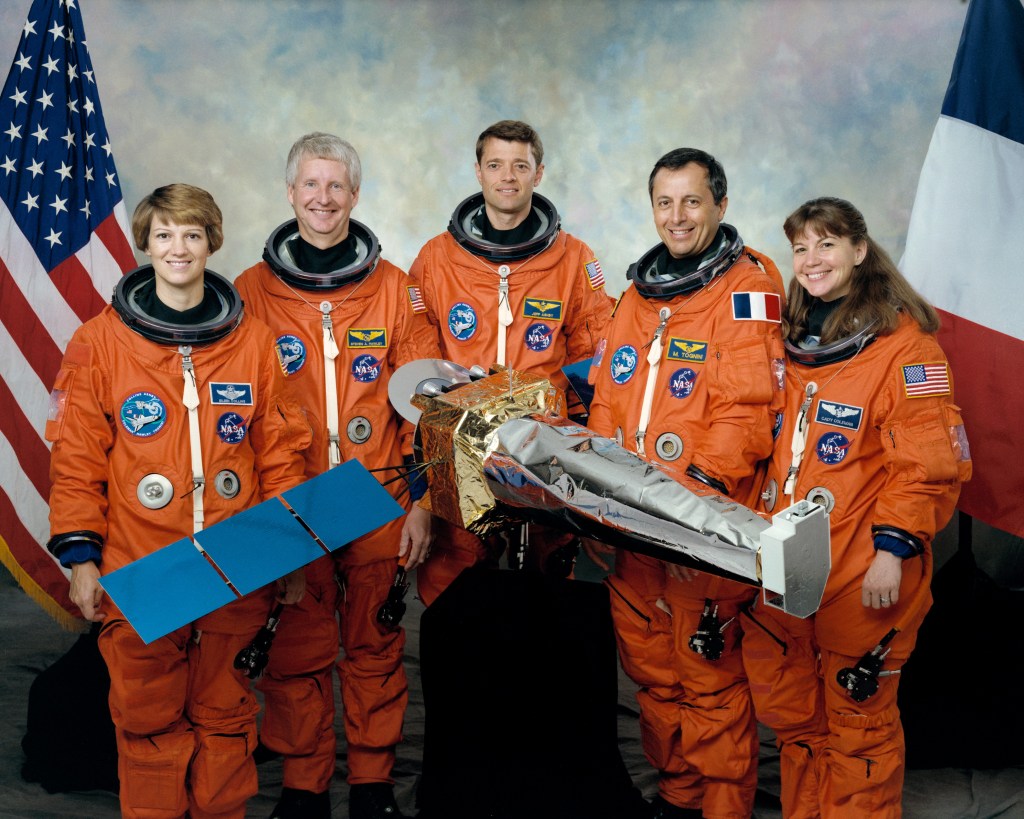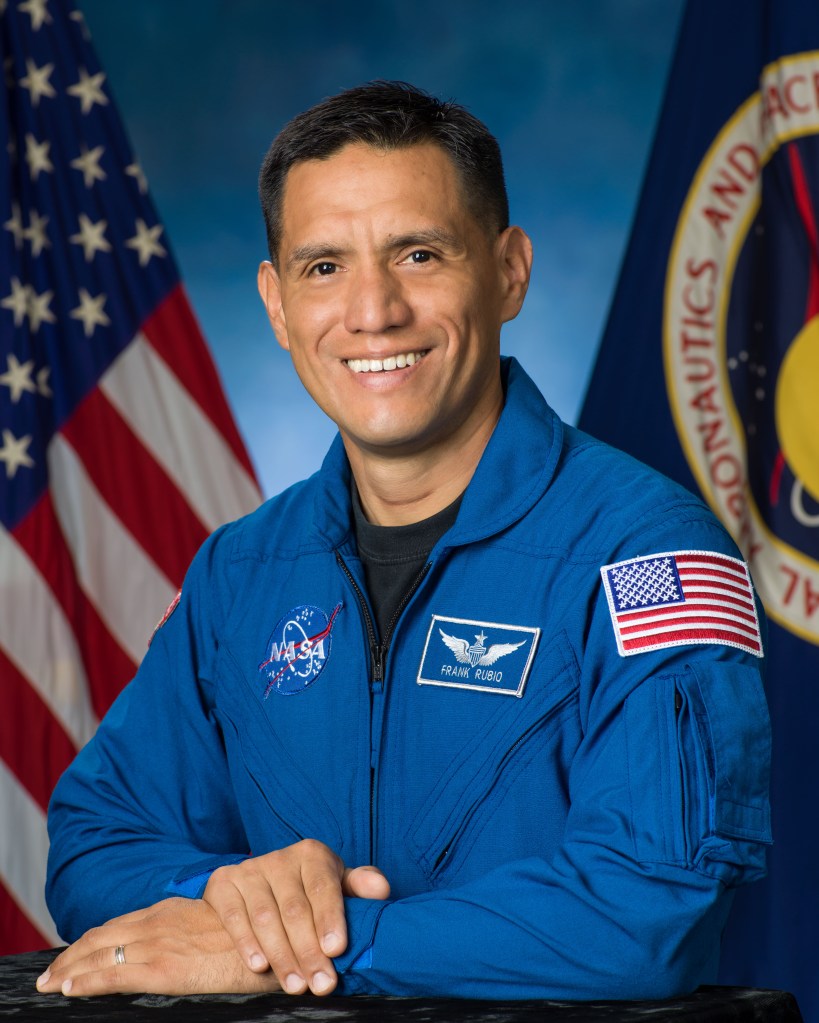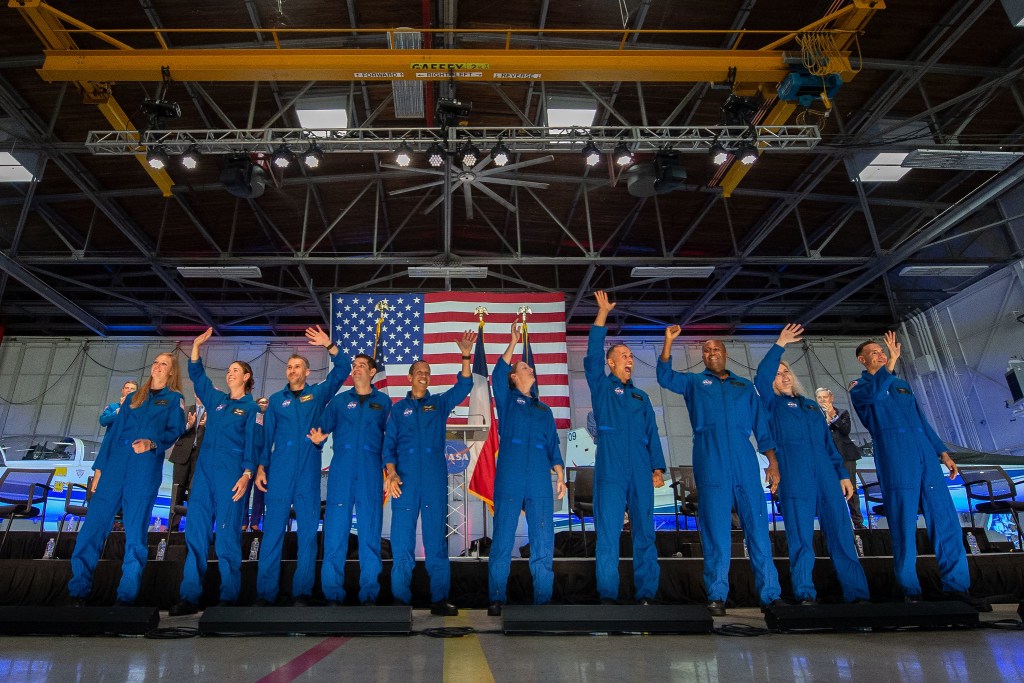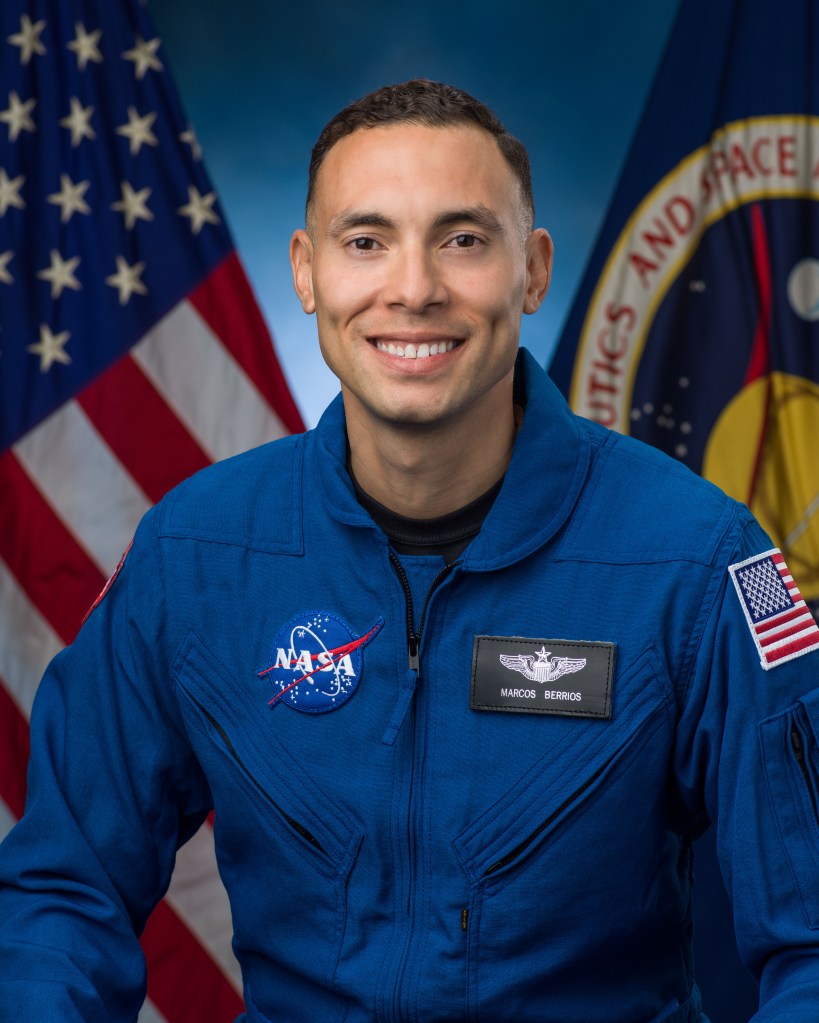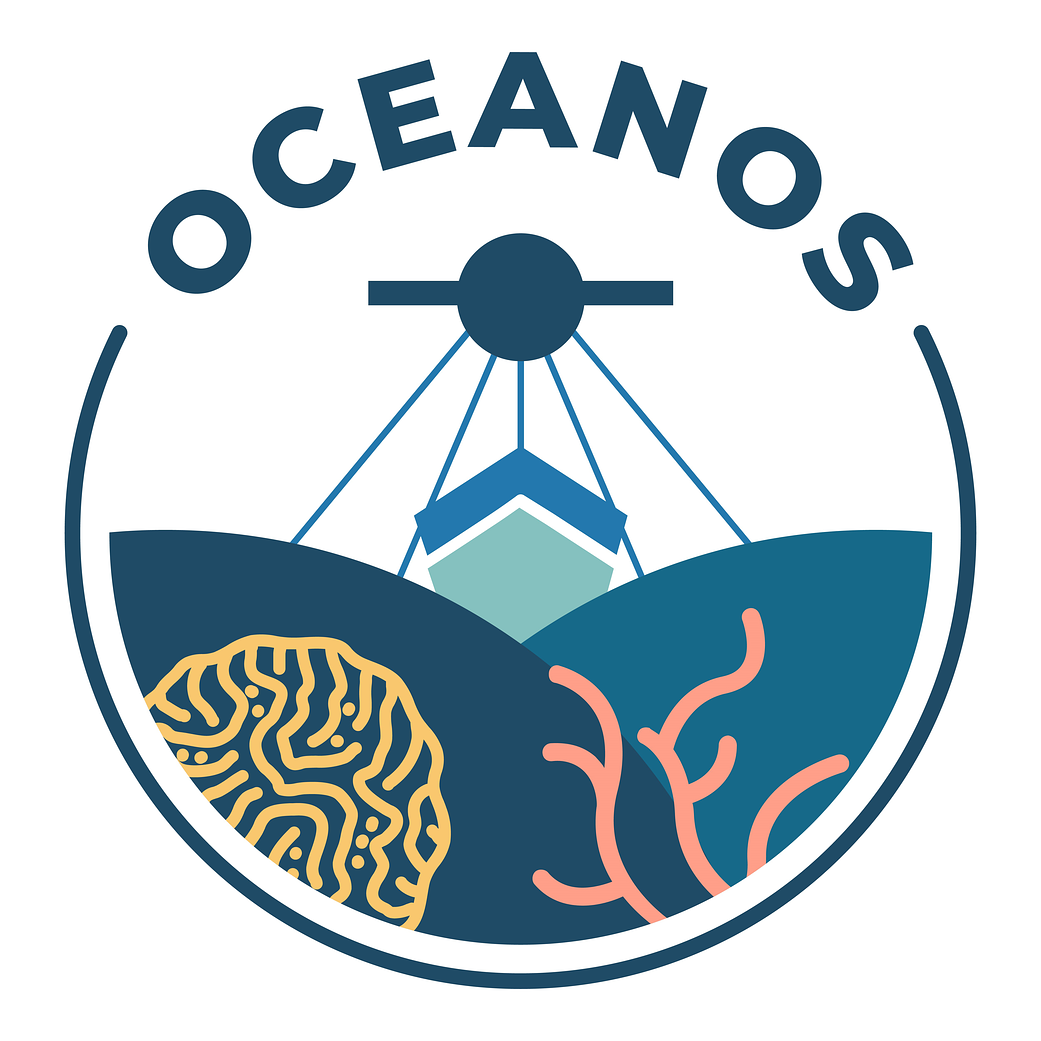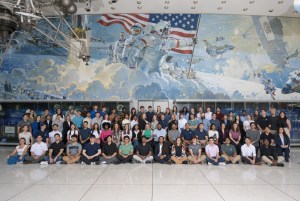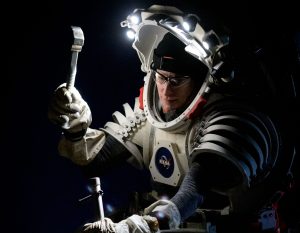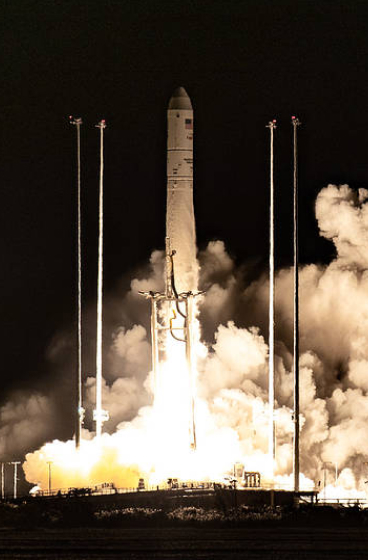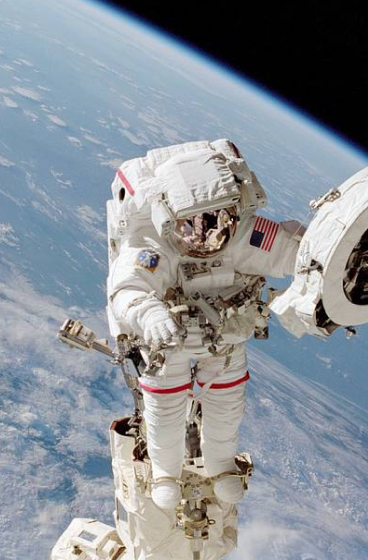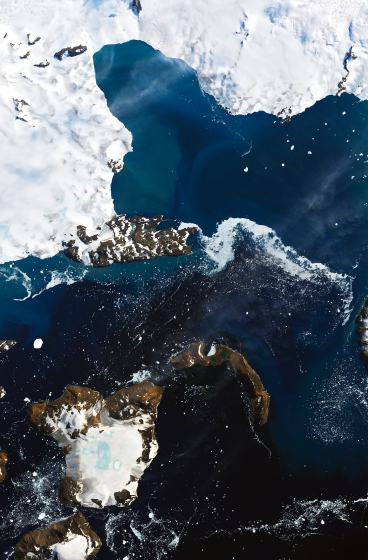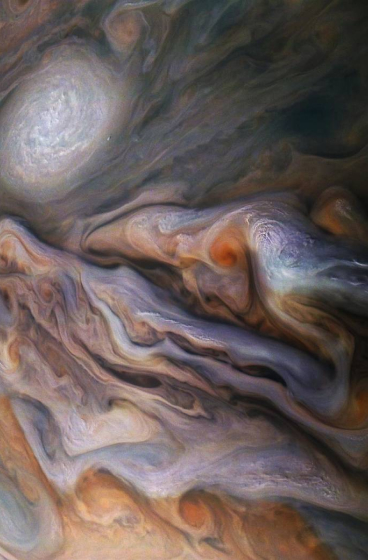Listen to Dylan's Interview:
0:00 / 0:00
My name is Dylan Tristani and I’m on my third year of college. I’m studying Biomed at the Interamerican University of Puerto Rico.
Which StoryMap topic are you presenting on?
The topic of my presentation is plankton and I’m going to talk about what plankton is, how you identify the different types of plankton, and what the difference is between phytoplankton that can do photosynthesis and zooplankton that eats phytoplankton.
What have been some highlights of the OCEANOS program?
Definitely Culebra. It was amazing. I really enjoyed being there and I’ve learned a lot. Culebra is beautiful, and we got to be on the beaches and have the opportunity to see the ecosystems – how they actually work – and to see the different species that live there. It’s amazing. Just to see how everything we learned in the classroom the first week; it’s real and it works perfectly and it’s just a balance.
Is there anything you would change about the program?
This is the first year that they are doing this internship, so I would change just the first week. It’s a lot of talk about what we are going to do and talk about the different ecosystems and the different species that we are going to see. And I would be very happy if we had the opportunity to go to some beach or something in that first week and do a fun activity. Just something out the university, because all the week we were here, just sitting down. It’s funny because I learned a lot the first week, but I’m a person that would like to interact a lot with what I’m doing.
Did anything surprise you in this program?
I came here with no idea of the ocean. I was here to just have the experience and explore different parts of science that I would potentially like to work in, so I was very surprised how important the ocean actually is. And I’ve learned a lot, like the plankton; it’s very important for the marine ecosystems, and actually phytoplankton produces almost all of the oxygen that we use. The oceans produce a lot more oxygen than the Amazon, which was surprising to me. The ocean is very important and we actually don’t take that seriously, I think. And here in Puerto Rico, we are an island and we are surrounded by oceans, so we have to be worried about what is going on in the ocean. But I don’t think a lot of the people have that concept of ‘the ocean is important.’ We have to take care of it.
How does this internship fit into either what you’re already studying or what you’re hoping to do next?
I don’t know what I’m going to do in the future. I am studying biomed with a minor in microbiology because I love science. I love what I’m doing and I want to explore different areas of science that I could be interested to work in. And marine biology – it’s an area that I would enjoy a lot because I love being on the water. My family has always lives in coastal areas, so I’ve visited a lot of beaches in Puerto Rico and I love the ocean. When I heard about this opportunity, I thought it would be fun to work in something that I already enjoy as a hobby. I love it. I’m actually very interested in doing something with this in the future.
What are you going to be taking with you from OCEANOS?
All the experience. I’ve learned a lot of things. I learned to work on a team, I’ve learned to do some stuff in the water that I didn’t expect, and I’ve learned a lot of different science in general. I also met amazing people and have amazing connections to people that work on something that I’m very interested in. So that is something that I will take with me when I go.
Dylan Tristani Rodriguez en Español
Mi nombre es Dylan Tristani y estoy en mi tercer año de universidad. Estoy estudiando Biomedicina en la Universidad Interamericana de Puerto Rico.
¿Qué tema de StoryMap presentará?
El tema de mi presentación es el plancton y voy a hablar sobre qué es el plancton, cómo se identifican los diferentes tipos de plancton y cuál es la diferencia entre el fitoplancton que puede hacer la fotosíntesis y el zooplancton que come fitoplancton.
¿Cuáles han sido algunos aspectos destacados del programa OCEANOS?
Definitivamente Culebra. Fue increíble. Realmente disfruté estar allí y he aprendido mucho. Culebra es hermosa, y pudimos estar en las playas y tener la oportunidad de ver los ecosistemas, cómo funcionan en realidad, y ver las diferentes especies que viven allí. Es asombroso. Solo para ver que tal todo lo que aprendimos en el salón de clases la primera semana; es real y funciona perfectamente y es solo un equilibrio.
¿Hubo algo sorprendente para ti en este programa?
Vine aquí sin idea del océano. Estaba aquí solo para tener la experiencia y explorar diferentes partes de la ciencia en las que me gustaría trabajar, así que me sorprendió mucho lo importante que es el océano. Y he aprendido mucho, como el plancton; es muy importante para los ecosistemas marinos y, de hecho, el fitoplancton produce casi todo el oxígeno que usamos. Los océanos producen mucho más oxígeno que el Amazonas, lo que me sorprendió. El océano es muy importante y en realidad no lo tomamos en serio, creo. Y aquí en Puerto Rico, somos una isla y estamos rodeados de océanos, entonces tenemos que preocuparnos por lo que está pasando en el océano. Pero no creo que mucha gente tenga ese concepto de ‘el océano es importante’. Tenemos que cuidarlo.
¿Hay algo que cambiarías del programa?
Este es el primer año que están haciendo esta pasantía, así que cambiaría solo la primera semana. Es mucho hablar sobre lo que vamos a hacer y hablar sobre los diferentes ecosistemas y las diferentes especies que vamos a ver. Y estaría muy feliz si tuviéramos la oportunidad de ir a alguna playa o algo así en esa primera semana y hacer una actividad divertida. Solo algo de la universidad, porque toda la semana estuvimos aquí, sentados. Es gracioso porque aprendí mucho la primera semana, pero soy una persona a la que le gustaría interactuar mucho con lo que estoy haciendo.
¿Cómo encaja esta pasantía en lo que ya estás estudiando o en lo que esperas hacer a continuación?
No sé lo que voy a hacer en el futuro. Estoy estudiando biomedicina con especialización en microbiología porque me encanta la ciencia. Me encanta lo que hago y quiero explorar diferentes áreas de la ciencia en las que me podría interesar trabajar. Y biología marina: es un área que disfrutaría mucho porque me encanta estar en el agua. Mi familia siempre ha vivido en áreas costeras, así que he visitado muchas playas en Puerto Rico y amo el océano. Cuando me enteré de esta oportunidad, pensé que sería divertido trabajar en algo que ya disfruto como pasatiempo. Me encanta. De hecho, estoy muy interesado en hacer algo con esto en el futuro.
¿Qué te vas a llevar de OCEANOS?
Toda la experiencia. He aprendido muchas cosas. Aprendí a trabajar en equipo, a hacer algunas cosas en el agua que no esperaba y aprendí muchas ciencias diferentes en general. También conocí a personas increíbles y tengo conexiones increíbles con personas que trabajan en algo que me interesa mucho. Eso es algo que me llevaré cuando me vaya.

